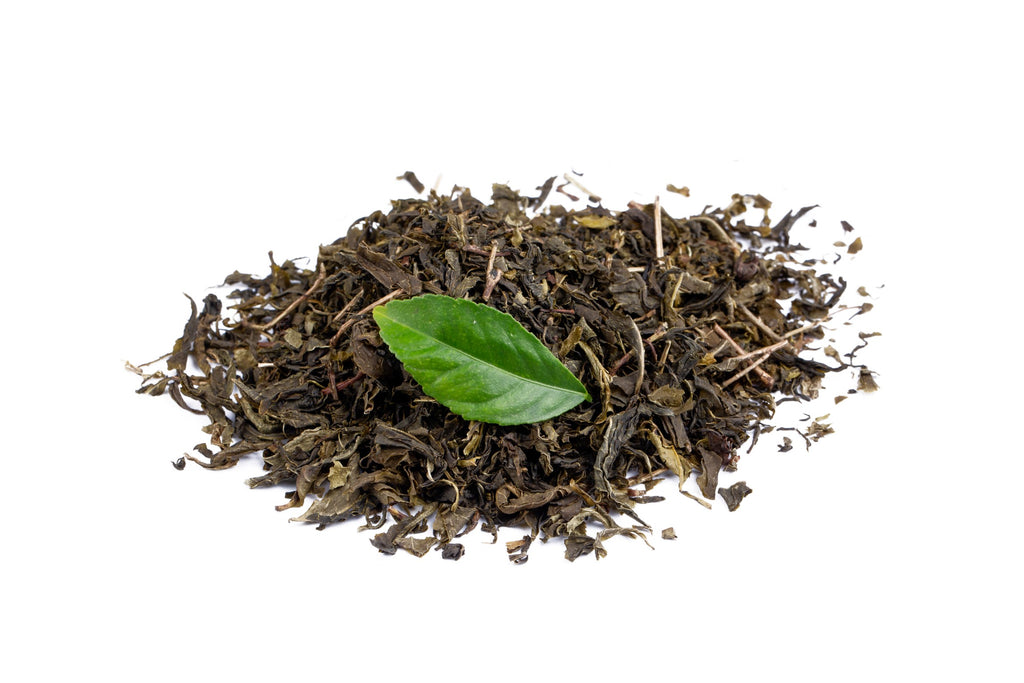The Hidden Concerns of "Natural Flavors" in Your Tea: A Closer Look

There's nothing quite like sipping on a warm, comforting cup of tea, especially when it's infused with delightful flavors. Whether you prefer the soothing embrace of chamomile, the zesty kick of citrus, or the exotic allure of a spiced chai, the world of tea is incredibly diverse. However, in recent years, there has been growing concern surrounding the use of "natural flavors" in tea and other food products. In this article, we'll delve into the concerns associated with natural flavors, with a specific focus on their implications for tea enthusiasts.
Understanding Natural Flavors
Before we jump into the concerns, let's first understand what "natural flavors" actually mean. According to the U.S. Food and Drug Administration (FDA), natural flavors are defined as “a substance extracted, distilled, or similarly derived from natural sources like plants (think fruits, vegetables, herbs, roots, etc.,) or animals via a method of heating, with its primary function in food being flavoring not nutritional”. In the instance of tea, they provide both aroma and taste to your favorite cup.
Concern #1: Lack of Transparency
One of the primary concerns with natural flavors is the lack of transparency in labeling. When you see "natural flavors" listed on a tea package, it tells you very little about what you're actually consuming. The term is often used as a catch-all, allowing manufacturers to conceal specific ingredients or processes used in flavor enhancement. As a result, consumers are left in the dark about what they are actually putting into their bodies.
Concern #2: Synthetic Additives
Contrary to what the term "natural" might imply, natural flavors can contain synthetic additives. The FDA allows manufacturers to include synthetic chemicals in natural flavors as long as they are derived from natural sources. This means that even though you may think you're consuming something entirely natural, you could be ingesting chemical compounds that don't belong in your tea.
Concern #3: Potential Allergens
For individuals with allergies or sensitivities, the use of natural flavors can be problematic. Manufacturers are not required to disclose the specific sources of natural flavors, which can make it difficult for people with food allergies to determine whether a product is safe for them to consume. This lack of transparency poses a risk to those who may unknowingly consume allergens.
Concern #4: Environmental Impact
While natural flavors are derived from edible sources, their production can have environmental consequences. The cultivation of crops for flavor extraction may involve unsustainable farming practices, deforestation, and excessive water usage. In addition, the energy-intensive processes used to extract and concentrate natural flavors can contribute to carbon emissions and other environmental issues.
A Call for Transparency and Education
In light of these concerns, it's essential for consumers to advocate for greater transparency in labeling and to educate themselves about the products they purchase. Here are some steps you can take to make more informed choices:
-
Read Labels Carefully: Pay close attention to the ingredient list on tea packages. Look for teas that provide clear information about the sources of their flavors.
-
Contact Manufacturers: Don't hesitate to reach out to tea companies with questions about their ingredients and sourcing practices. Reputable companies should be willing to provide information to concerned consumers.
-
Explore Natural Alternatives: Consider exploring teas that use whole ingredients, such as herbs, spices, and real fruits, for flavoring. These teas are often a healthier and more transparent choice.
While the concerns surrounding the use of natural flavors in tea and food products are valid, it's important to remember that not all natural flavorings are created equal. Transparency, education, and advocacy can help consumers make informed choices about the teas they enjoy. By supporting companies that prioritize transparency and ethical sourcing, tea enthusiasts can continue to savor the wonderful world of tea while minimizing the potential risks associated with hidden ingredients.
